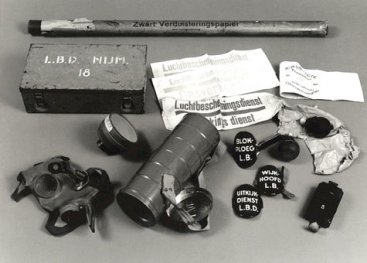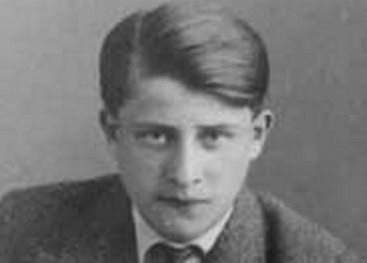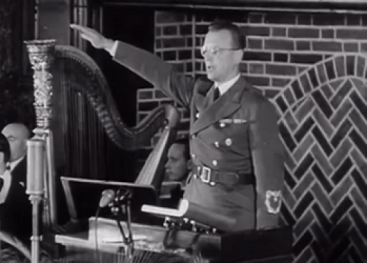
Cooperate?
Netherlands Union
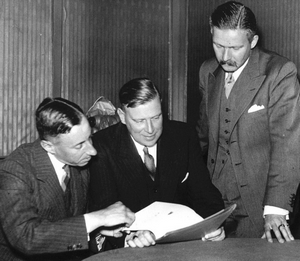
In July 1940 a new political organisation was founded, the Nederlandse Unie [Netherlands Union]. The aim of the three Unie leaders was to keep the Nationaal-Socialistische Beweging [NSB, the Dutch Nazi Party] from gaining power. They wanted to preserve Dutch culture and were prepared to cooperate with the Germans.
In only a few months' time, membership grew to 800,000, and it became the largest political party ever in the Netherlands. Various members later explained their motives:
'The heart of the Unie idea was: we refuse to return to the isolationism of the old party system.'
'There was nothing else to join. And in the Unie we were able to express our feelings of nationalism. We all became members in order to show some sign of resistance.'
'It was such a relief when the Nederlandse Unie was set up. It was just one big demonstration of dissent against the NSB.'
Aversion to the NSB
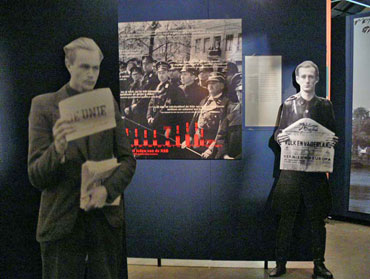 Although the leaders wanted to cooperate with the Germans, many Unie followers joined only because of their aversion to the NSB. Fights even broke out with members of the NSB. The Unie leaders could not agree among themselves on the extent to which they were to cooperate with the Germans. The Unie did not give the Germans the support they had expected. They banned the Unie in December 1941.
Although the leaders wanted to cooperate with the Germans, many Unie followers joined only because of their aversion to the NSB. Fights even broke out with members of the NSB. The Unie leaders could not agree among themselves on the extent to which they were to cooperate with the Germans. The Unie did not give the Germans the support they had expected. They banned the Unie in December 1941.
Protest
The Nederlandse Unie was also tremendously popular among students, to the great annoyance of Huib Drion and his brother Jan.
'Everybody joined as a gesture of protest against the NSB. That irritated us enormously. The Unie felt we ought to accept the fact that Germany had won the war. They said a "new age" had begun. And the way the Unie paddled along with the occupiers discussing "the Jewish problem" was disgusting.'
In protest, the brothers started an illegal newspaper: De Geus.
'Our point was: the Unie was founded under German occupation. That's reason enough to be against it. The Germans only tolerate this kind of mass movement because they see their own political advantages in it.'

What attracted me was the energy: the singing and marching, and that sense of belonging.
National Socialist Movement
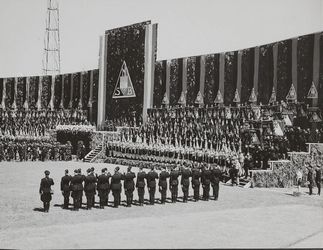
To cooperate or not to cooperate with the Germans? It was not an issue for the members of the NSB. This Nationaal-Socialistische Beweging [NSB, National Socialist Movement, the Dutch Nazi Party] was set up in the Netherlands at the end of 1931, modelled after Hitler's NSDAP.
The party remained small. After May 1940, the NSB finally had a hope of taking control. Thousands applied for membership. The NSB members had varying motives for joining:
'There was enormous poverty and division in our country. The NSB was opposed to such a pretence of democracy.'
But the Germans did not jump at the chance of close cooperation with the NSB. They did not have a high opinion of the party, and they knew that most Dutch people strongly detested it. The members of the NSB pushed their way into the limelight by holding ostentatious parades.
I was impressed that Hitler had turned a country with millions of unemployed into a prosperous nation.
Only loyal supporters
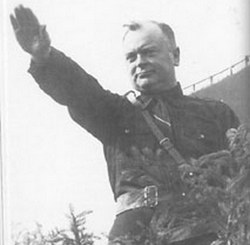
Gradually it became clear that they were virtually the only loyal supporters of the occupying forces. So in December 1942, the Germans permitted NSB leader Anton Mussert to call himself 'Leader of the Dutch people', although he had no real power.
I saw only one choice left: National Socialism or the chaos of communism.
Agricultural circles
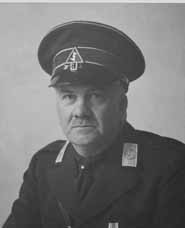
Shortly after it was set up, farmer Evert Roskam joined the NSB. He was proud of his low registration number, and he zealously propagated NSB ideology in agricultural circles. He was convinced that this was the way:
'to give the independent farmer and the self-employed citizen an honourable place in our political and social system, which could crush the power of the big capitalists and of revolutionary Marxist trends.'
The occupation offered Roskam new opportunities. He rose to the position of Boerenleider [Peasant leader] of the Landstand [Rural class], which united all the farmers. But almost half the farmers refused to pay their contribution.
Journalists
From the first days of the occupation, Dutch journalists were faced with the question of whether to cooperate with the Germans. The occupiers decided what could and could not be written in the Dutch newspapers, hoping to influence public opinion. The few newspapers that did not comply were shut down. Most papers continued to be published with the pro-German news. But the first illegal newspapers also appeared, issuing warnings of German propaganda in the legal press.

Radio
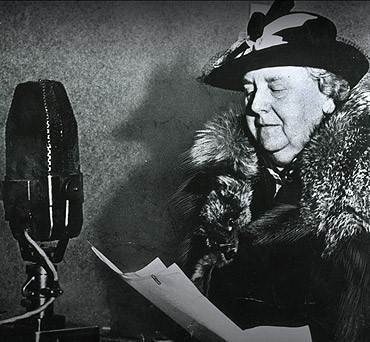
The radio also came under strict German supervision. An appealing selection of programmes was offered, with plenty of radio plays and music interlaced with a pro-German message. For real news people secretly listened to the BBC and Radio Orange, the Dutch government station in London. The militant speeches given by Queen Wilhelmina were particularly popular. Almost no one paid any attention to the ban on these stations.
Kraut sieve
The Germans used jamming stations to try to block the reception of Radio Orange and the BBC. A 'kraut sieve' was a home-made indoor antenna intended to reduce the effect of German jamming stations.

